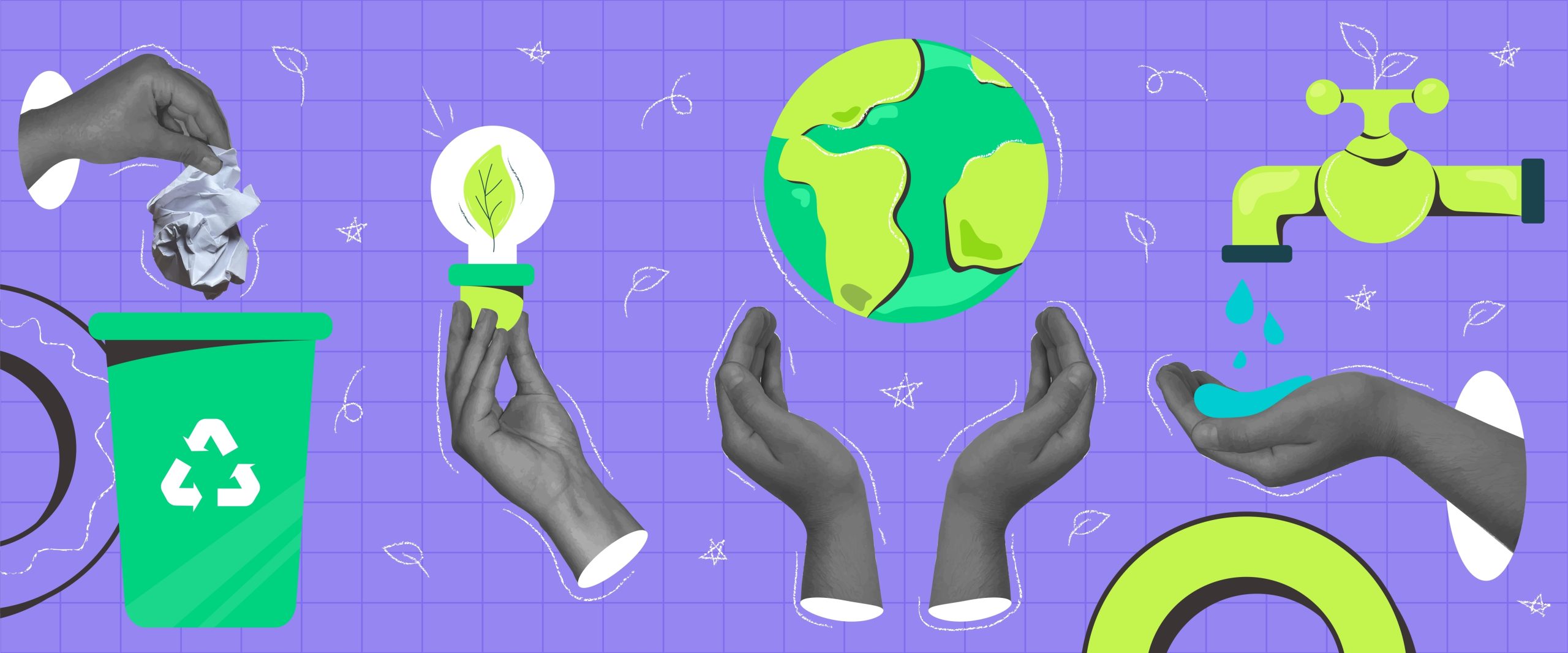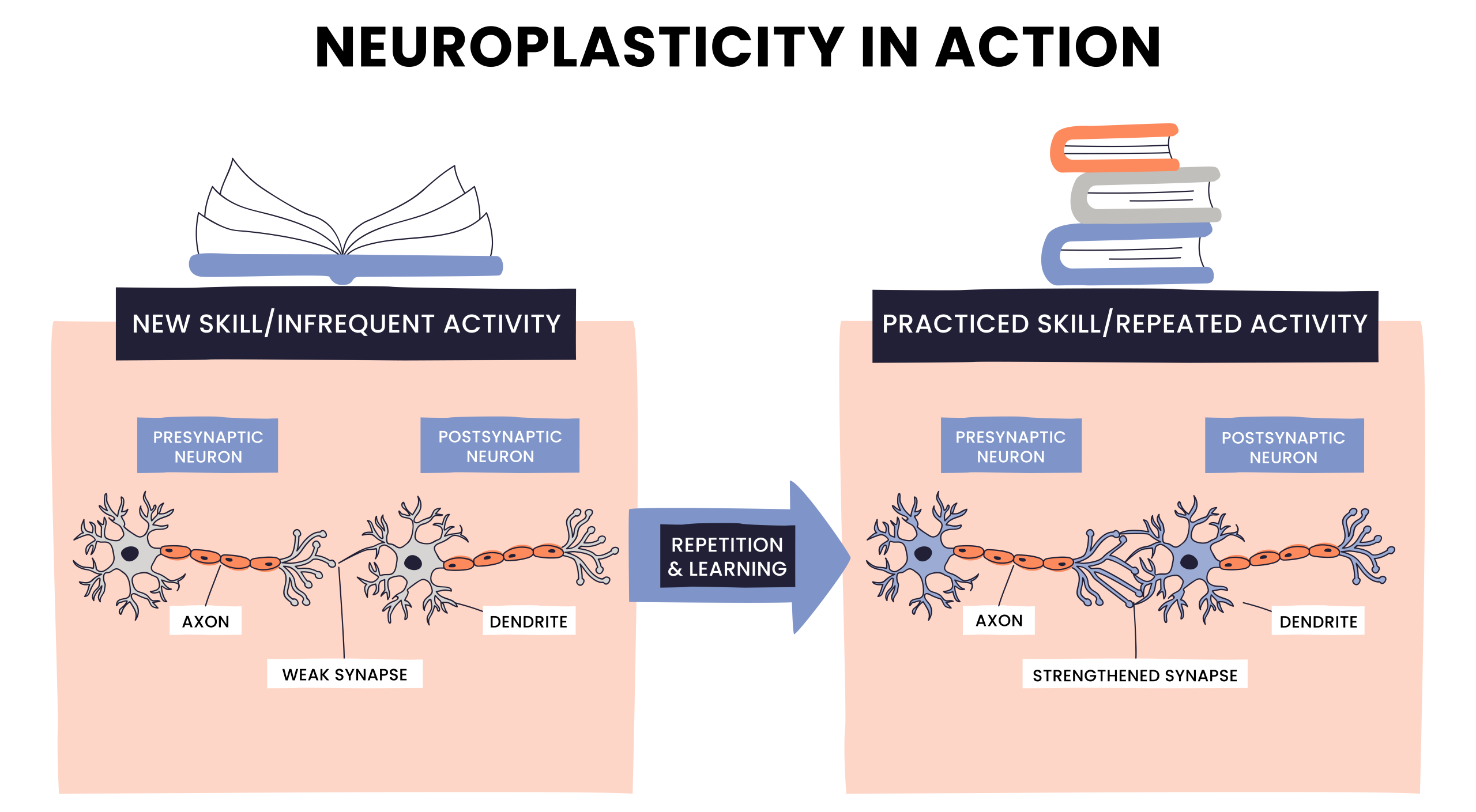
In recent years, technology has changed the game in the food industry. Companies are always searching for cool new ways to boost efficiency and improve their production processes, all while keeping costs low. From how food is grown to how it ends up on your plate, technology is making everything faster, smarter, and more sustainable.

Starting from the farm, we now have gene-modified crops. The crops can be grown in harsh environments, adapting to high-yield pest tolerance, and are more nutritious. Smart farming, integrating sensors and data analytics, produces more practical and less work in field management. For instance, irrigation systems can be automated to water crops only when necessary, conserving water and reducing costs. Data-driven decision-making ultimately leads to increased productivity and better agricultural resource management.

In addition, robots and machines have also been incorporated into food production, processing, and service. The production line has utilised automated devices such as robots to select and sort certain foods, box packers, and slicers. Food handling has emerged as an automated process at every single production line. The robots can be operated at repetitive tasks quickly and accurately. This leads to faster production rates and reduced labour costs.
Additionally, the use of machines and robots can also eliminate safety concerns. Robots can carry heavy lifting tasks in the food production industry, thus reducing the risk of injuries among human workers. They also make food production quicker, getting products from the factory to your plate in less time than ever!

The landscape of alternative foods has been revolutionised by advanced technology. Cellular agriculture employs cellular and molecular techniques to grow meat, dairy, and other animal products without traditional farming, offering a more ethical and resource-efficient approach. Technology is revolutionising our food systems, especially when it comes to sustainability. One exciting innovation is lab-grown meat, which presents a cool alternative to traditional farming. This method helps reduce environmental harm by reducing resource use and greenhouse gas emissions.
The choices of food are also now becoming more diverse. With the vegetarian diet, people can now enjoy the delicious taste of meat from a plant-based diet. Precision fermentation can convert renewable feedstocks (like plant sugars) into high-quality proteins, making the production process more efficient and less reliant on animal agriculture, which is resource-intensive.

Plus, advancements in food processing are making it possible to extend shelf life, reduce waste, and streamline supply chains. Not to mention, smarter packaging solutions tackle overproduction and further minimise waste. Together, these technological breakthroughs are paving the way for a greener and more efficient approach to producing and consuming food, positively impacting our planet.

Adapting 3D printing in culinary and food arts is a groundbreaking development that enhances creativity and personalisation in food preparation. The technology opens up new possibilities for food presentation and experimentation. Chefs can create unique textures, shapes, and flavour combinations that would be difficult or impossible to achieve through traditional cooking methods. From the culinary perspective, the adaptation of technology has pushed the boundaries of creativity and personalisation, thus making us experience and enjoy food at another level.
In conclusion, technology has transformed the food industry from farm to table, revolutionising how we create and market new food varieties across the globe. It empowers people to stay informed and manage their dietary choices more effectively. With advancements enhancing productivity and efficiency, every step of the food production process, from planting and harvesting to manufacturing and packaging, becomes modernised, paving the way for a brighter and more efficient future in our food industry landscape.
Prepared by:
Laila Basyirah Wahidin, Nur Balqis Norazuan, Nabilah Amir, Dr Aida Safina
Corresponding Author: Dr Shahidah Md Nor




